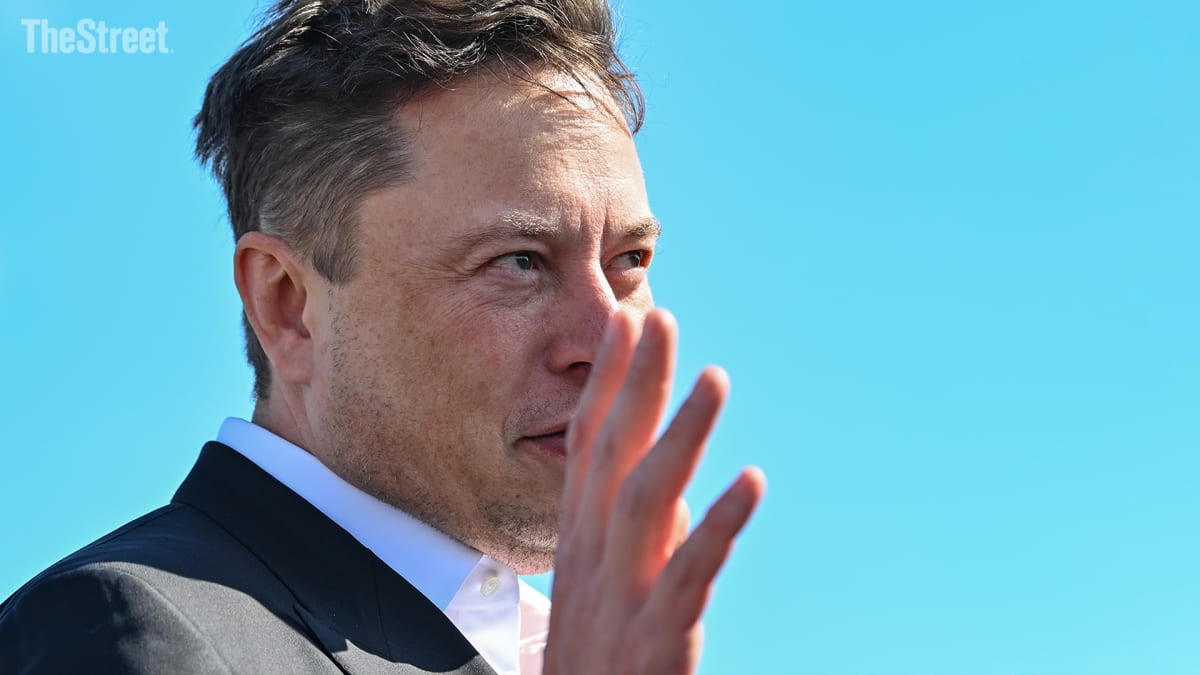
His detractors consider him a megalomaniac.
They tend to shake their heads when they read headlines about him. They dismiss him, call him an attention-seeker, even pigeonhole him as right wing.
Elon Musk is much more complex than this superficial portrayal.
What his critics don't understand is that the serial entrepreneur is a man on a mission: saving humanity from the various evils that undermine it and giving people a common dream. This universal dream is the conquest of Mars through his space-technology company, SpaceX.
To achieve all this Musk wants to establish himself as a global CEO and the most prolific innovator of our time.
"Trying my best for the humans," the billionaire said last March and repeated on May 22, when a Twitter user portrayed him in a meme as the savior of mankind.
Starlink: Musk's Key Effort to Help Those in Need
To achieve his goals, Musk uses his companies. Think of them as weapons capable of reaching all corners of the planet.
There's Tesla (TSLA), the electric-vehicle producer considered the symbol of the clean mode of transport. Boring Co. is an infrastructure-services provider aiming to solve the traffic jams that clog big cities and major roads. Neuralink wants to enable humans to download their memories into robots. Twitter enables the billionaire to chat with the world's population, directly and without filter.
Then there's SpaceX, which is building the rockets that will take us to Mars. And above all, this aerospace company has a division that enhances Musk's global image and geopolitical reputation. This is Starlink, which enabled the tech mogul to make a spectacular splash on the international stage.
Starlink is a satellite-driven internet-connection service. It guarantees secure and independent access to the internet. It is difficult to hack. Service outages are rare.
The Starlink service is particularly critical for residents of areas that are poorly served by the fixed and mobile networks of telecom operators. Thousands of small satellites orbiting the Earth at low altitudes -- mainly 342 miles (550km) above Earth -- enable Starlink.
Musk Responds to the Plight of the Sudanese
Musk is determined to use Starlink to assert himself in the world and to fill the current global leadership void caused by widespread distrust of politicians and elites.
His approach is that in an era dominated by technology he can help rescue suffering populations by connecting them to the world.
Most recently he transformed Starlink into a means of humanitarian aid for Sudanese refugees fleeing the civil war in their country.
"Faced with the influx of Sudanese refugees in Chad, the company @SpaceX offers assistance in the form of connectivity services @Starlink during emergency efforts," said Idriss Mahamat Ali Abdallah Nassour, permanent secretary of the National Commission for the Reintegration of Refugees and Returnees (Cnarr - Chad), on Twitter on May 22.
He thanked Musk, who retweeted a message from the Starlink team, saying it was "proud to support humanitarian efforts around the world."
More than 700,000 people have been displaced by the war in Sudan, the United Nations said on May 9. After more than three weeks, no end to the fighting between the army and the paramilitaries is in sight.
Since April 15, the war has pitted the head of the army, Gen. Abdel Fattah Al-Bourhane, against Gen. Mohammed Hamdan Daglo, commander of the paramilitaries of the Rapid Support Forces, who became rivals after leading a putsch together in October 2021.
The conflict has already caused hundreds of deaths and thousands of injured.
Sending Starlink to help the Sudanese refugees in Chad is a sign that reinforces Musk's ambition to become a global leader having a positive impact on the world's population.
Musk's Other Humanitarian Efforts With Starlink
Musk and his company have supplied Starlink terminals to volcano-hit Tonga, in the southern Pacific Ocean, to provide internet access to isolated and remote villages; to Italy’s northern Emilia-Romagna region to support rescue and recovery efforts from severe flooding, and to Iranian citizens protesting the Islamic regime.
Starlink antennas particularly gained popularity after Musk sent them to Ukraine due to Russia's war on the country. The service gives Ukrainians independent access to the internet and enables the country to keep in touch with the outside world. The system is used particularly in remote areas as well as places bombed by Russia.
Starlink satellites are also helping Ukrainian military drones destroy Russian tanks and army trucks. The drones are equipped with antitank grenades to be launched at targets.
In addition, Starlink has become the only means of communication for the Ukrainian armed forces on the front.


.png?w=600)




